Beth Mole

Trustworthy journalism comes at a price.
Scientists and journalists share a core belief in questioning, observing and verifying to reach the truth. Science News reports on crucial research and discovery across science disciplines. We need your financial support to make it happen – every contribution makes a difference.
All Stories by Beth Mole
-
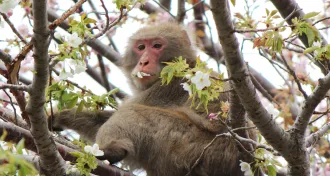 Environment
EnvironmentWild monkeys near Fukushima have low blood cell counts
Primates near the ill-fated nuclear power plant may have been affected by radiation.
-
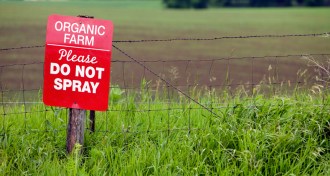 Health & Medicine
Health & MedicineOrganic foods may contain extra antioxidants
Contrary to previous studies, a new analysis finds that organic crops have nutritional benefits over conventionally grown foods.
-
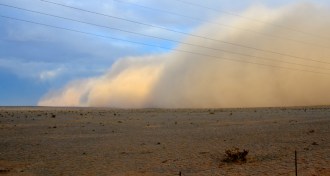 Climate
ClimateWindblown dust may muck up regional climate predictions
Climate simulations don’t accurately portray the behavior of windblown dust, which may result in inaccurate regional forecasts.
-
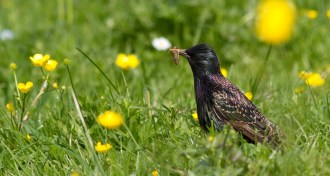 Environment
EnvironmentDecline in birds linked to common insecticide
In addition to harming bee populations, neonicotinoid insecticides may also be detrimental to bug-eating birds.
-
 Animals
AnimalsMysterious neurotoxin may help flatworms kill prey
Tetrodotoxin, the deadly chemical in pufferfish, could help flatworms transform their earthworm prey into puddles of goo.
-
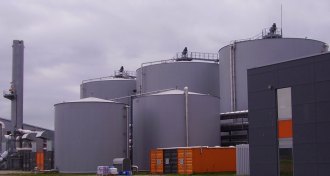 Environment
EnvironmentTriclosan may spoil wastewater treatment
Common antimicrobial could make microbes more drug resistant and less efficient at breaking down sewage sludge in municipal treatment plants.
-
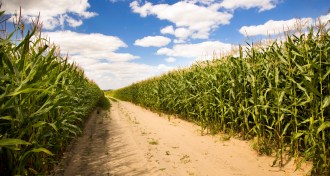 Agriculture
AgricultureFertilizer produces far more greenhouse gas than expected
Farmers’ overuse of nitrogen-based fertilizers may explain previously puzzling high emissions of nitrous oxide.
-
 Chemistry
ChemistryDecay of Leonardo da Vinci drawing reflected in light
Light that bounces off a Leonardo da Vinci drawing, widely considered a self-portrait, has revealed extensive chemical damage that causes yellowing.
-
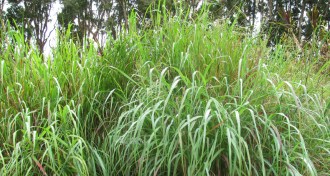 Chemistry
ChemistryBacteria take plants to biofuel in one step
Engineered bacterium singlehandedly dismantles tough switchgrass molecules, making sugars that it ferments to make ethanol.
-
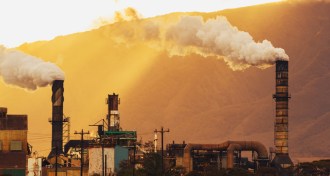 Environment
EnvironmentCarbon dioxide levels hit landmark in Northern Hemisphere
The Northern Hemisphere experienced the first full month with the greenhouse gas at or above the symbolic 400 parts per million level.
-
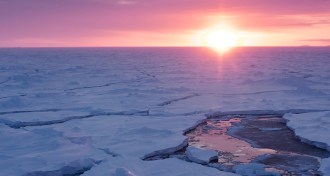 Climate
ClimateViolent storms may shatter sea ice
Tall waves’ effect on sea ice hints at troubled water in the future.
-
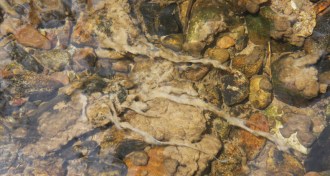 Climate
ClimateEnvironmental change may spur growth of ‘rock snot’
A controversial new theory suggests alga that forms rock snot isn’t an invader, but a low-key species native to many rivers.